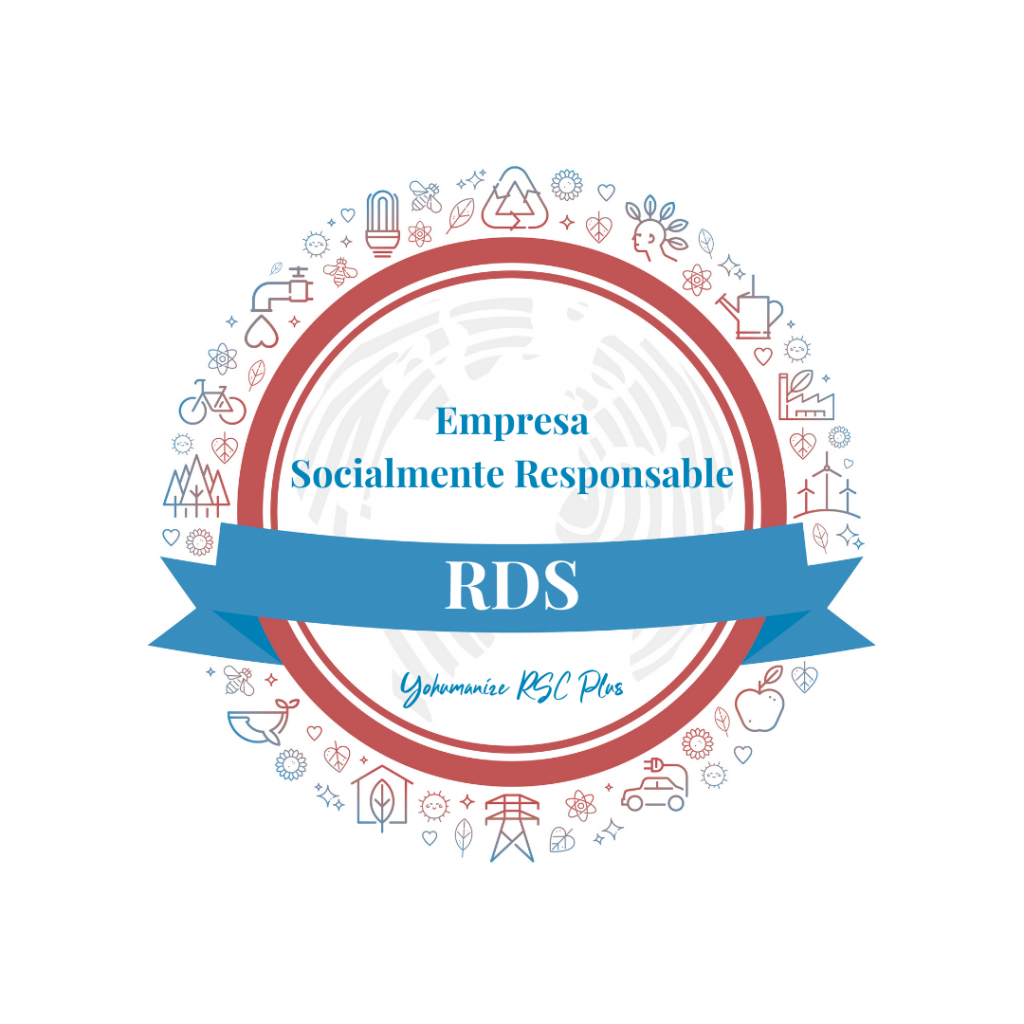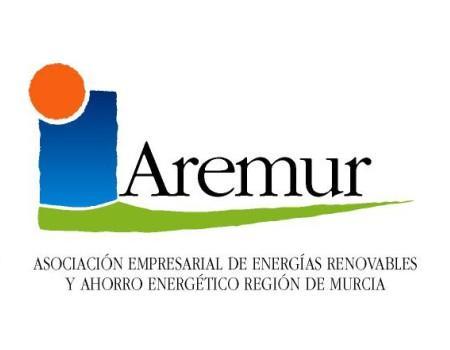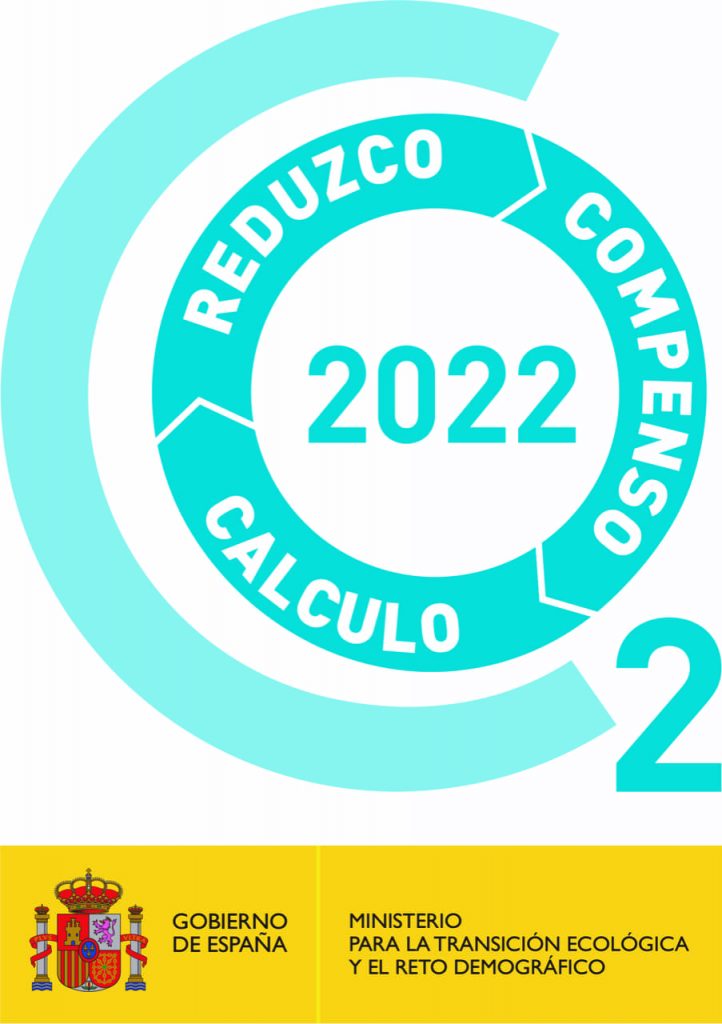




© 2023 RDS. All rights reserved. Designed and developed by delefant
Solar energy is on the rise again and, after a few years of “obscurity”, is once again at the forefront of sustainable energy. However, the situation in Spain, which has turned around following the approval of Royal Decree 15/2018 on urgent measures for energy transition and consumer protection, still has challenges to solve. These are the conclusions of the experts who participated in the forum Solar Energy: The Great Alternative to Climate Change, organised by 20minutos and Anpier (National Association of Photovoltaic Energy Producers), with the support of the Biodiversity Foundation. The event was attended by Joan Herrera, Director General of the IDAE (Institute for Energy Diversification and Saving in the Ministry of Ecological Transition); Rafael Barrera, Director of Anpier; Rodrigo Ruiz, Director of Sales Europe, Africa and Latin America at Yingli Solar Green Energy; Fernando Ferrando, President of Fundación Renovables, and Marta Melodía Pena, Managing Director of Cox Energía Comercializadora. The meeting, moderated by Daniel Toledo, director of La Información, served to analyse the current situation of photovoltaic energy, as well as the environmental advantages of the parks in the face of climate change caused by fossil fuels, such as the use of land, the protection of flora and fauna, the appearance of new areas of shade that favour the nesting of birds or the new species of plants that emerge on land that was previously monoculture. Ferrando highlighted the “new form of energy culture” in which the protagonism would be in the consumer and not in the demand: “I as a consumer have complete freedom”, he remarked as a new paradigm in the sector. He added that this is a reality “that allows us to bet on a technology that others have already enjoyed”. For Rafael Barrera, photovoltaic energy “has come to solve a problem for us” and emphasised that fossil energies “have put our entire system in check”. He also expressed optimism because “we have the sun, we have the energy and the regulations were missing”, in reference to the aforementioned royal decree. Herrera, for his part, referred to solar energy as a field that “is an opportunity, but where institutional responsibility is vital”. In this respect, he indicated that this energy has suffered a standstill “as a result of the defence of particular interests and not of the general interest”. The director of the IDAE pointed out the “challenge of manageability” of solar energy, that auction models are important to make solar energy cheaper and to be able to “provide a solution to the empty Spain”. Another challenge he raised is to discuss “how to get people to participate”. In this sense, Marta Melodía pointed out that there is more and more interest on the part of end consumers to be “an active part”. In his opinion, the consumer “is going to be the main protagonist and we all have to be prepared for this”. He added that photovoltaics is at “its best moment”. Rodrigo Ruiz agreed in pointing out the current “attractive scenario” and highlighted the change in this sector that “has gone from financial investment to pro-consumer”; in other words, prices are attractive and are no longer aimed only at investors, “but are suitable for all types of installations”. Referring to the current boom in solar energy in Spain, he pointed out that “here we are only now beginning to realise that this energy is unstoppable, but internationally we have been seeing it for years”. The role of the large electricity companies The director general of the IDAE highlighted the need to establish auction models that are adapted to citizen participation, but also to the sectors that are most affected. “All sectors involved must understand the change,” said Herrera, who also added that “we need a business culture that understands that the sector must be democratised. Accordingly, the role of large utilities in the transition to renewable energy was questioned. For Ferrando, “to think that the traditional electricity sector is not going to be in the future is a mistake”, since, he said, “we are changing the production model and we have to count on all the agents”. In this sense, Rodrigo Ruiz argued that power generators “have the goose that lays the golden egg in front of them and the way they realise this will mark the rest of the agents”. Security for investors One of the downsides of PV in Spain is uncertainty. The reason for this is the loss suffered by some 60,000 investors who bet on solar energy and who were counting on premiums that were later withdrawn. The director of Anpier referred to this situation and indicated that “there is an outstanding debt” with them. He questioned the lack of legal certainty in this situation, as he said it failed “at a very specific moment and with a very specific group”. In this sense, Joan Herrera believes that it is necessary to “improve the country’s image” and not normalise the fact that “national investors do not recover and international investors do”.